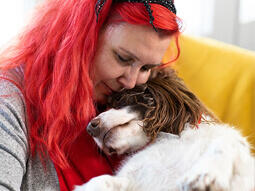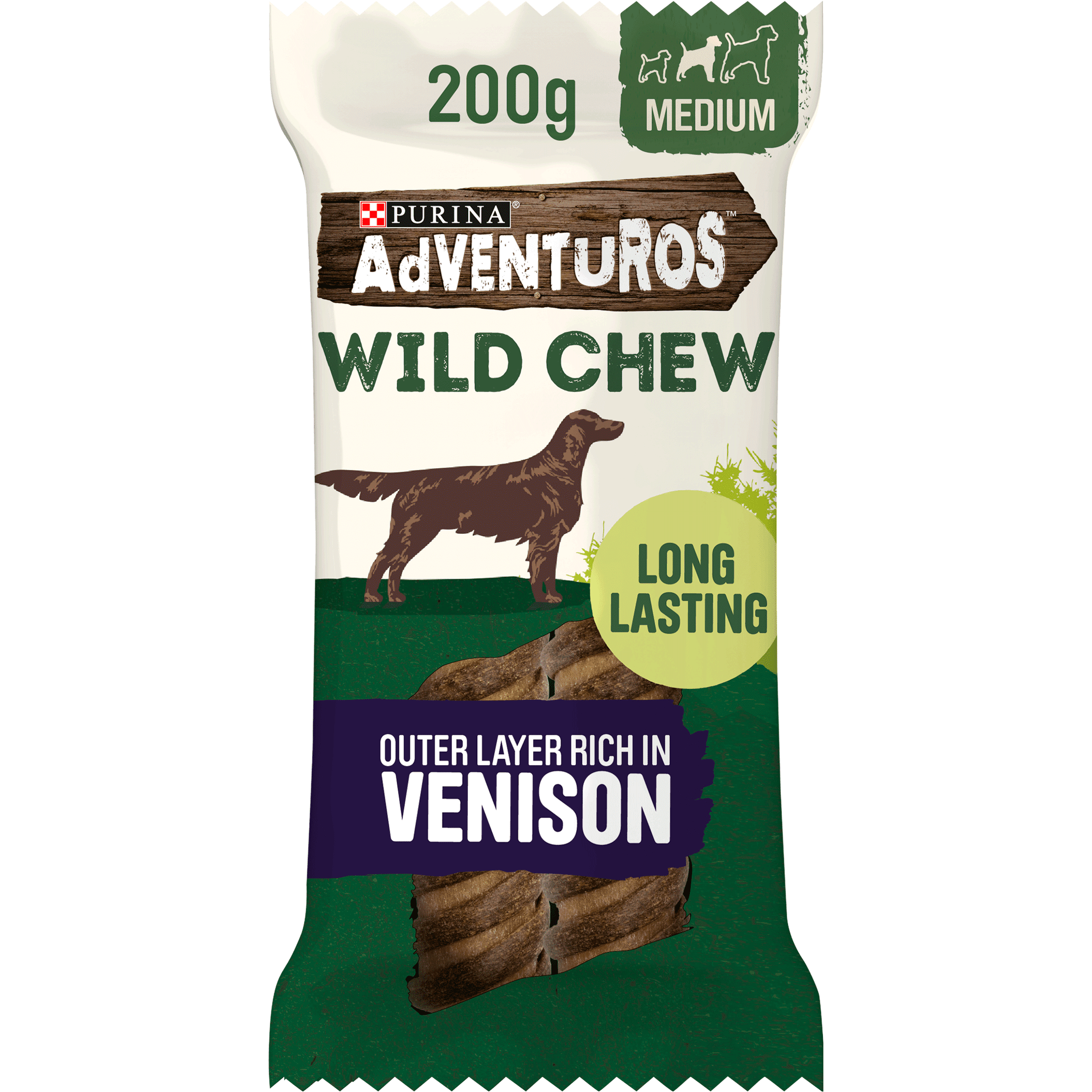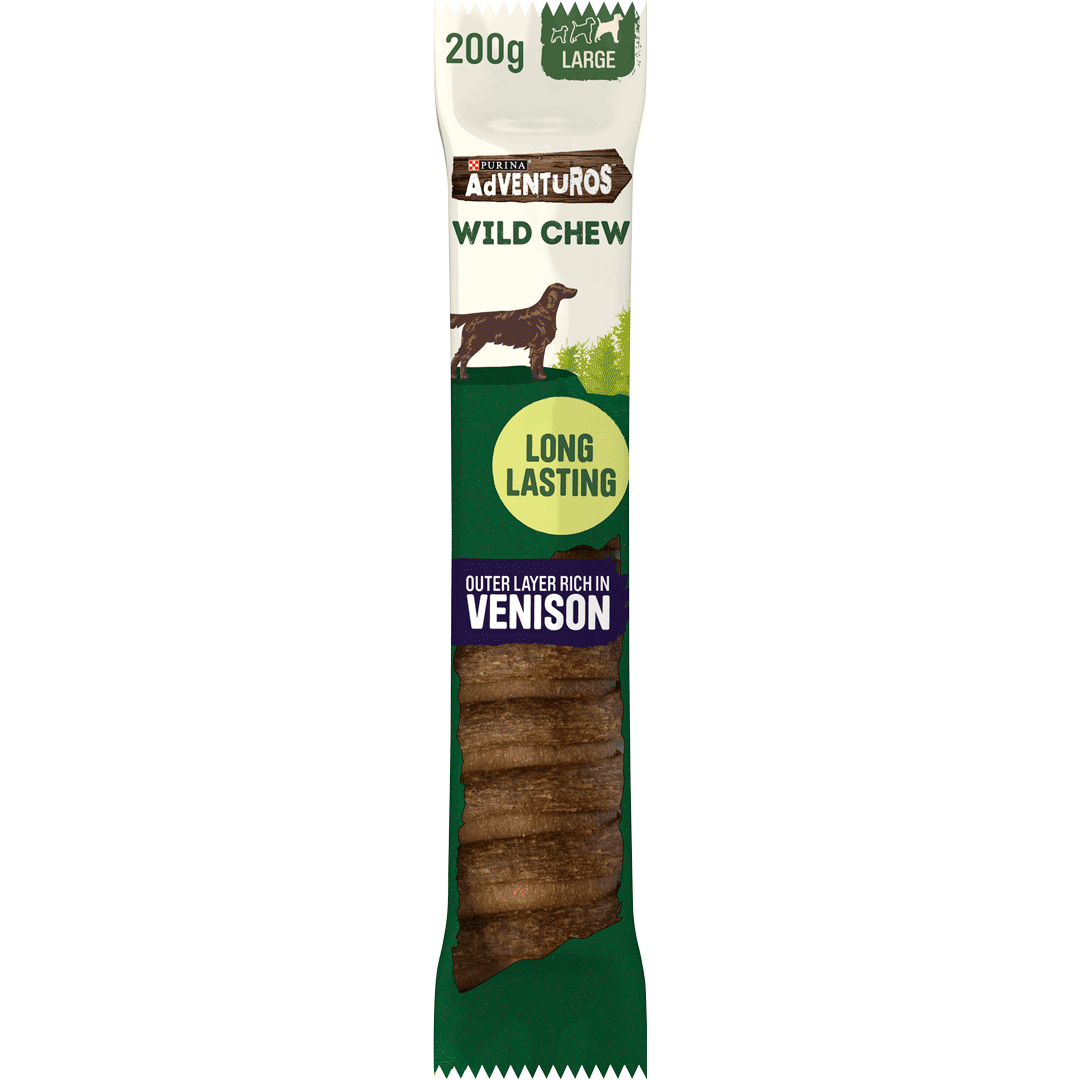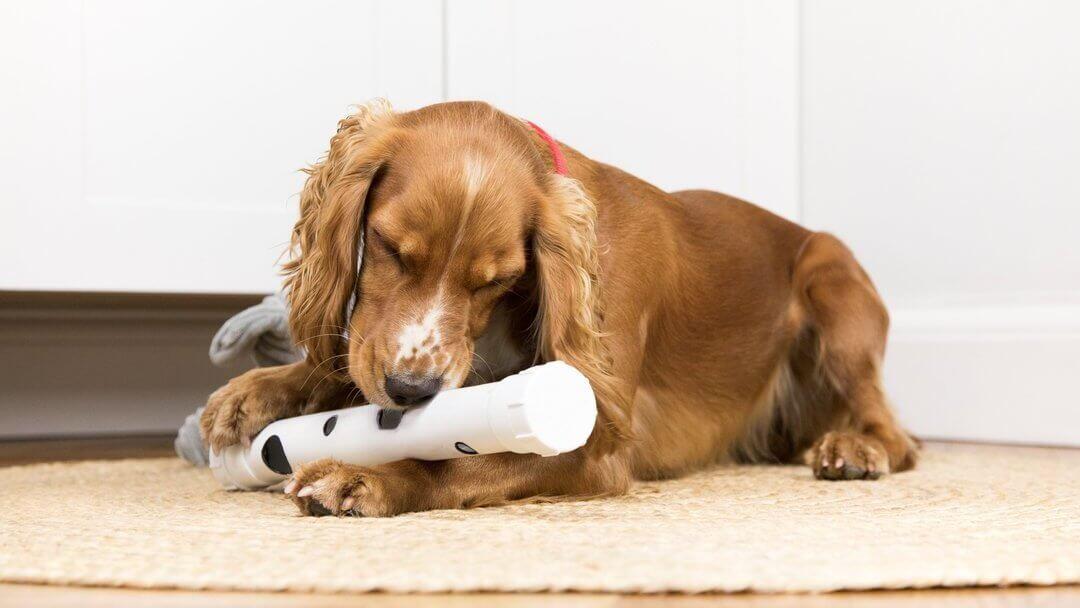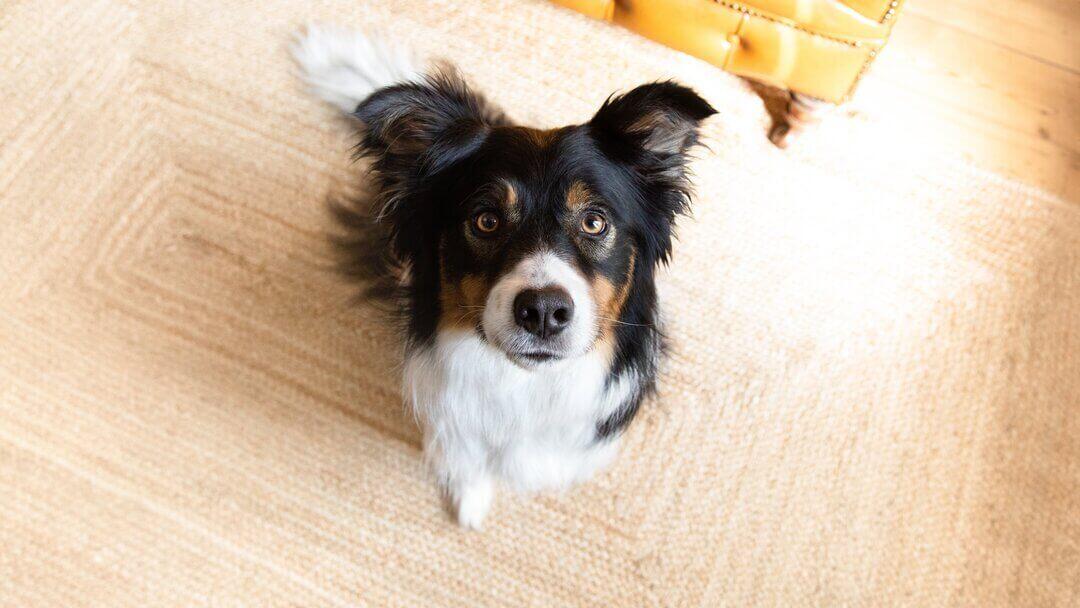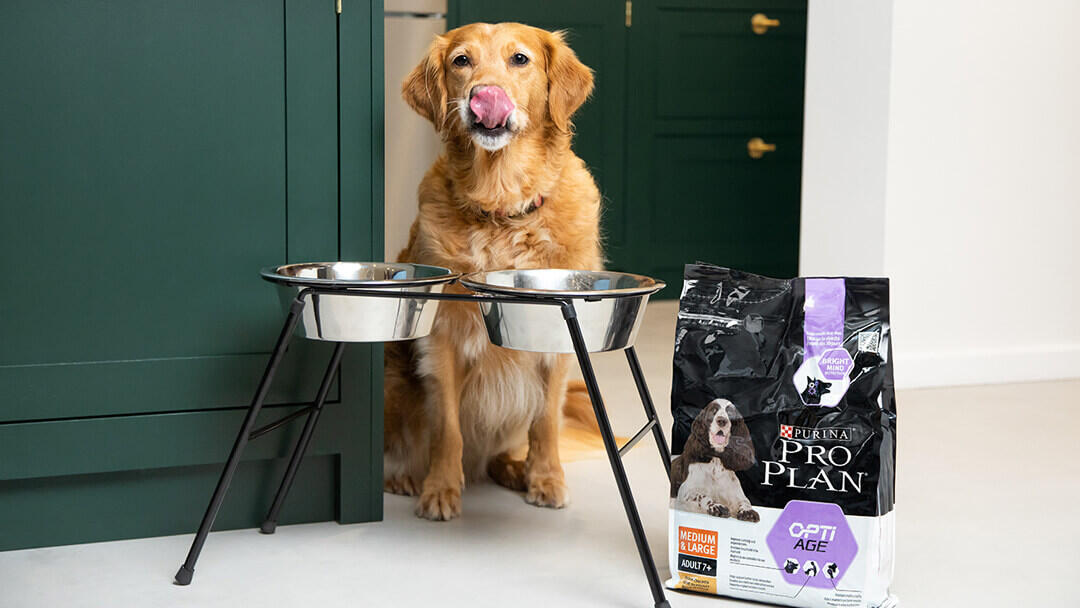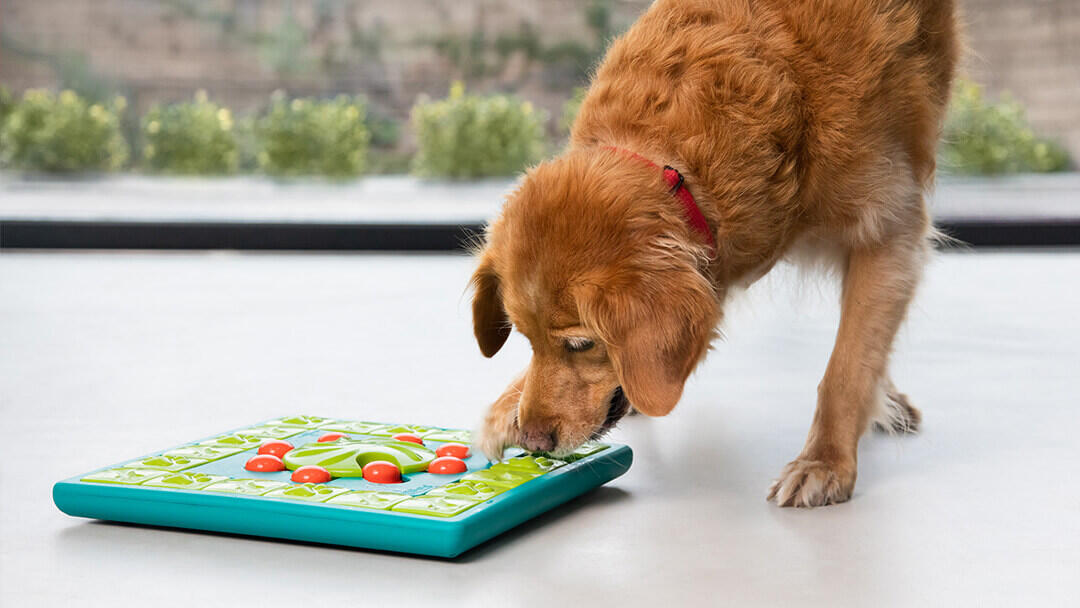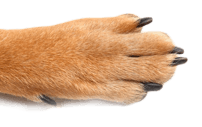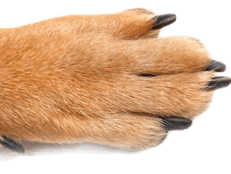
Older dogs are often overlooked in rescue centres across the country, but these canines have so much love left to offer! Find out why you should consider adopting an older dog in this article.
Older dogs are all too often overlooked in rescue centres across the UK. It’s a heart-breaking truth that some will remain in shelters for months, sometimes years, and sadly many will stay there for the rest of their lives. A lot of potential adopters will avoid rescuing older dogs due to a mistaken belief that they don’t have much left to give, but that couldn’t be further from the truth.
When you rescue an older dog you save a life, and you can rest assured your canine companion will be grateful for you for the rest of their days, no matter how long that may be.
Benefits of rescuing an older dog
Aside from the amazing feeling of offering an overlooked dog a home, there are tonnes of other benefits of adopting an older dog.
1. Older dogs are calmer
If you’re less active, don’t have too much time for long walks every day or are not as young as you once were, an older dog can be a great fit. Senior canines can still be playful and will appreciate a gentle stroll, but it’s likely that they won’t want to go for more lengthy walks or have frequent vigorous play sessions.
2. They don’t need puppy training
Most older dogs needing homes will have mastered the basics. They’ll probably be toilet trained and the majority will know ‘sit’ and ‘stay’, so you won’t have the stress and pressure of having to train them from the beginning – a lengthy process that can take months with puppies. Not to mention you’ll also miss that unruly teething phase, saving your sofa, shoes and sanity.
3. You CAN teach an old dog new tricks
Did you know there’s actually no truth in the saying ‘you can’t teach an old dog new tricks?’ Older dogs are more than capable of continuing their education, and it’s often easier to teach them new tricks as they have much longer attention spans than puppies!
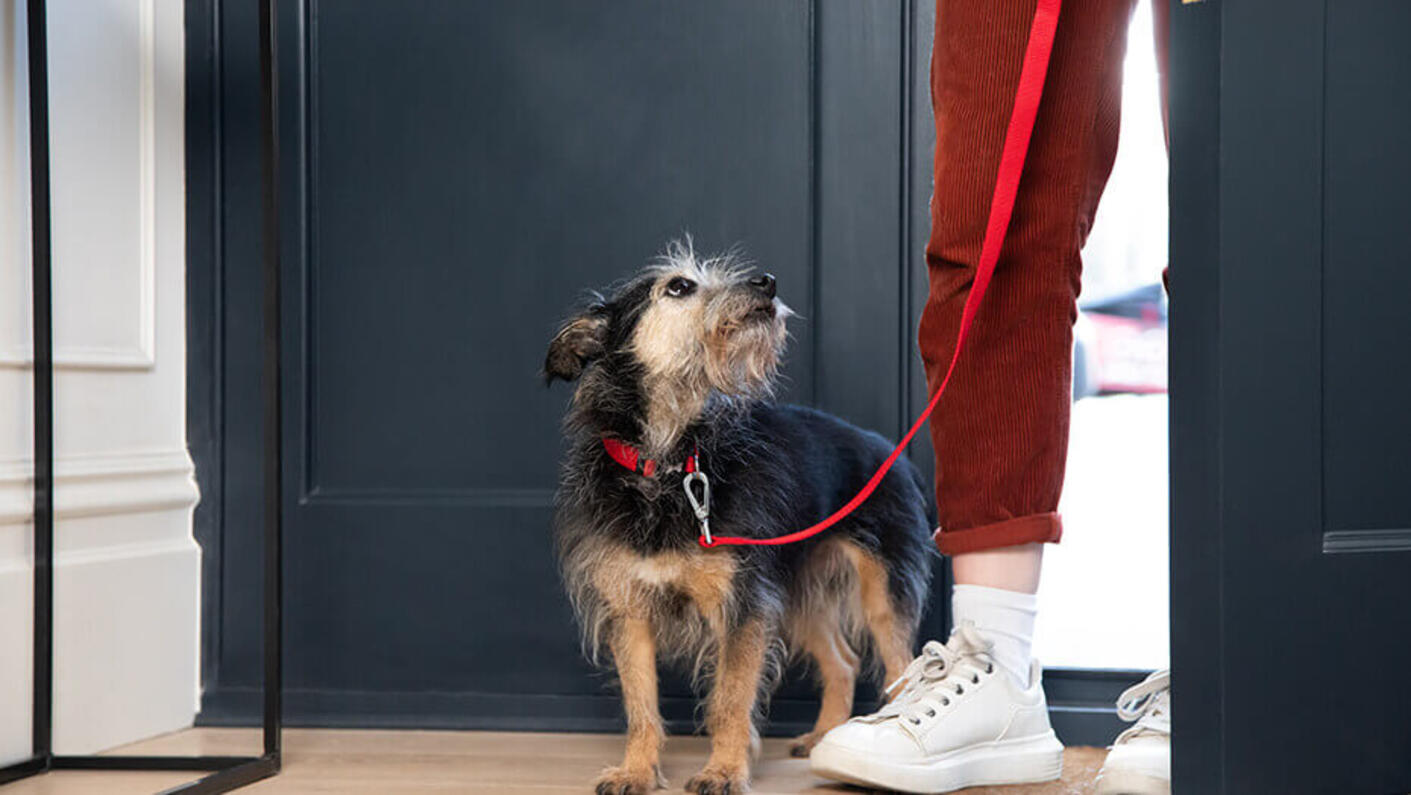
4. They have an established personality
Older dogs for adoption are fully grown and have an established personality, which means you know what you’re going to get. When you meet an older dog at a rescue centre, you’ll be able to determine if their personality type, size and energy levels are the best fit for you and your household.
Considerations about adopting an older dog
If you’re considering giving an older dog a home, it shouldn’t be a decision taken lightly and there are some things you’ll need to bear in mind.
1. Just because they’re older doesn’t mean they’re a ‘problem’
A huge reason people will overlook older canines is the belief that they’re in a rescue centre because they have a behavioural problem – what other reason could there be for someone giving up their family pet, after all? However, there are actually many reasons why dogs end up in rescue centres. It may be that their previous owner had an unprecedented change in their life such as a new baby, a house move or a change in work schedule, or even that the owner died or went into care and wasn’t able to look after their pet anymore.
Of course, some older dogs will have behavioural issues, and it’s important that you check the history and character of any dog you’re thinking of taking on with the rescue centre. That way, you can be more confident that your new pet will be a good fit for your household.
When it comes down to it, many golden oldies are loving, established dogs with plenty of love and life left to offer!
2. Older dogs may have pre-existing health issues
A key consideration is that older dogs for adoption are more likely than puppies to have pre-existing health conditions or to develop problems in the near future. It’s important to be aware of any relevant concerns before you take on a new pet, to make sure you’re happy with any care and treatment you may expect to give.
Prior to adopting, it’s best to get a detailed briefing on health issues by a vet or veterinary nurse. They will explain any need for ongoing treatments, discuss costs, and make sure you fully understand the commitment. You’re likely to get support on pre-existing conditions from your chosen charity, so a health problem doesn’t always have to prevent you from adopting a loving companion.
3. How they settle in will depend on their history
How your older dog settles in with depend on their previous experiences. In some cases, senior dogs will take a little longer to settle than puppies, particularly if they used to live in a home with one dedicated owner. Dogs form very close attachments to their humans and will mourn the loss of their previous companion, but given time and respect, they will make space in their heart for you too. On the other hand, if your adopted dog used to live in a busy home with many visitors, it’s likely they will adjust faster as they may not have had a strong bond to only one individual.
You can help your older rescue dog settle in faster by setting a routine early on and sticking to it. That way they’ll know what to expect from you, and this will help them to become comfortable quicker.
Find out About Adoption
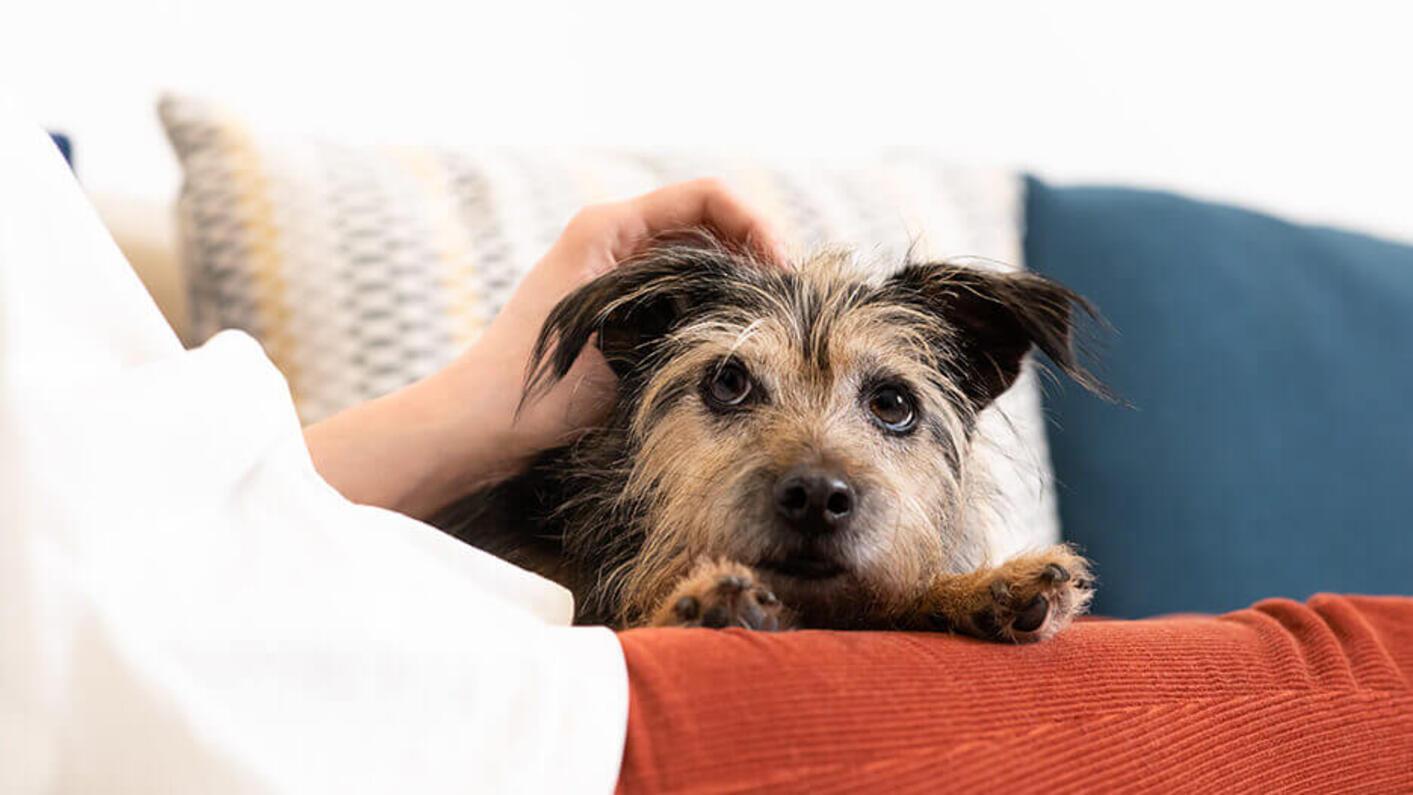
How can I find older dogs for adoption?
If you’re up for rescuing an older dog, it’s generally quite easy to find one! Most rescue centres across the country are bursting at the seams with golden oldies looking for their next chance at love, so get in touch with them to discuss your requirements and they’ll help you find the right match!
If you’re looking for a rescue centre that specialises in older dogs, check out Oldies Club, who are dedicated to rescuing and rehoming older dogs aged 7 plus. Instead of having kennels, this organisation is supported by foster carers spread all over the country – meaning that these seniors are already adapted to home life!
That’s our guide to rescuing older dogs! Want to get ready for your new arrival? Find out how to care for senior dogs.

